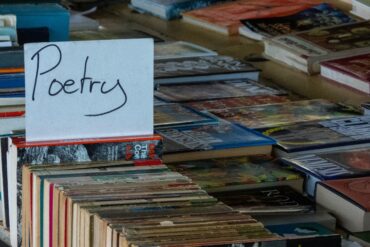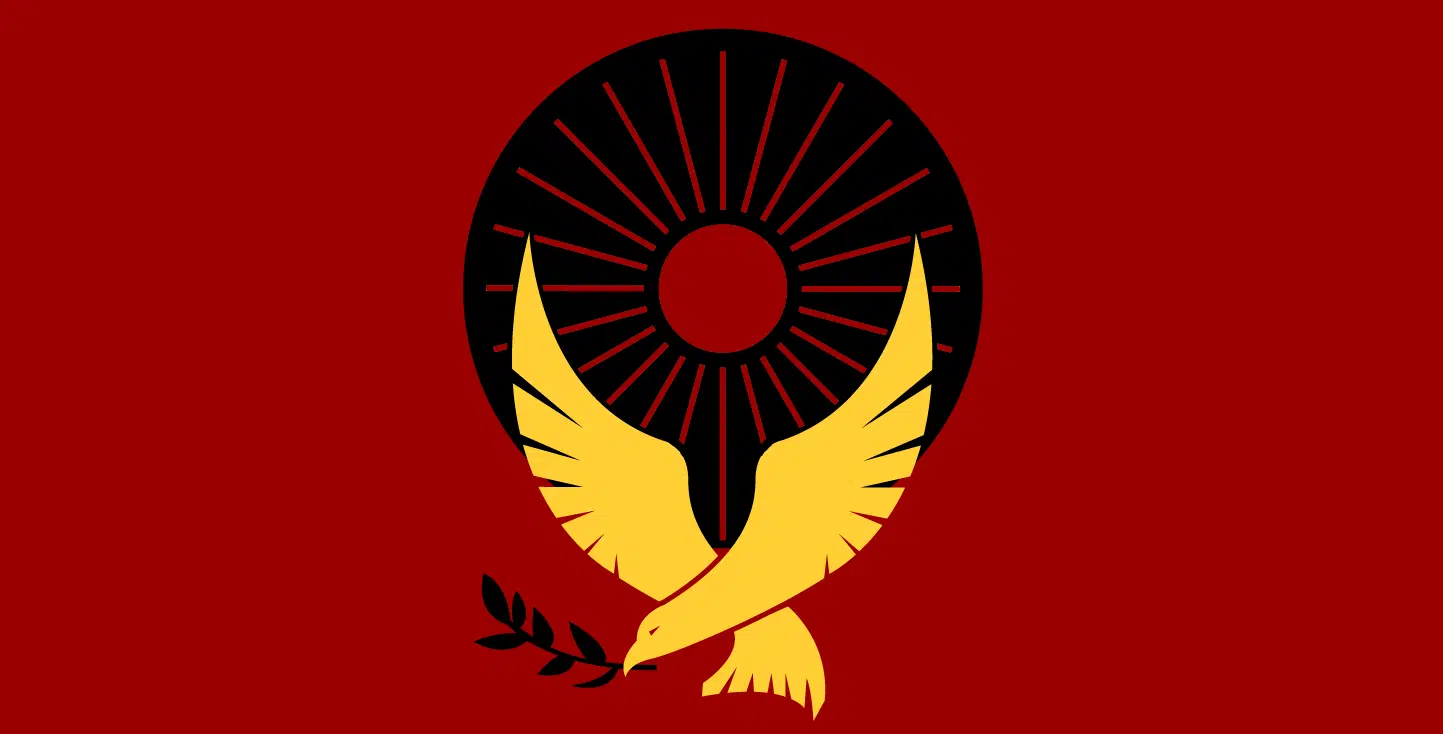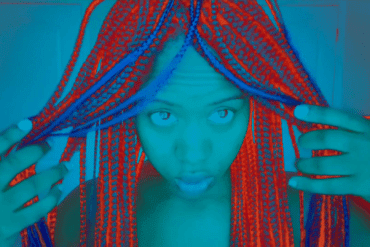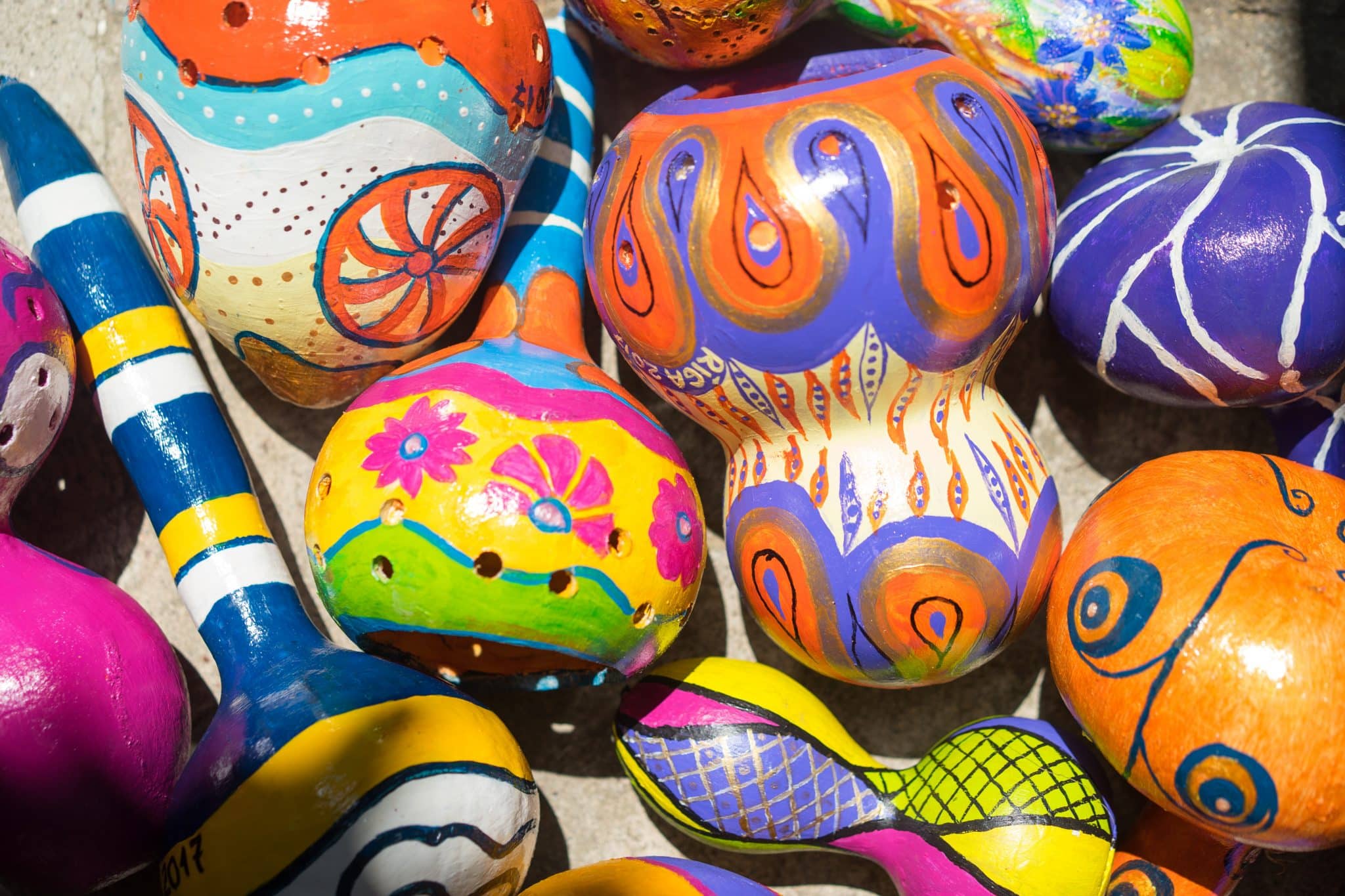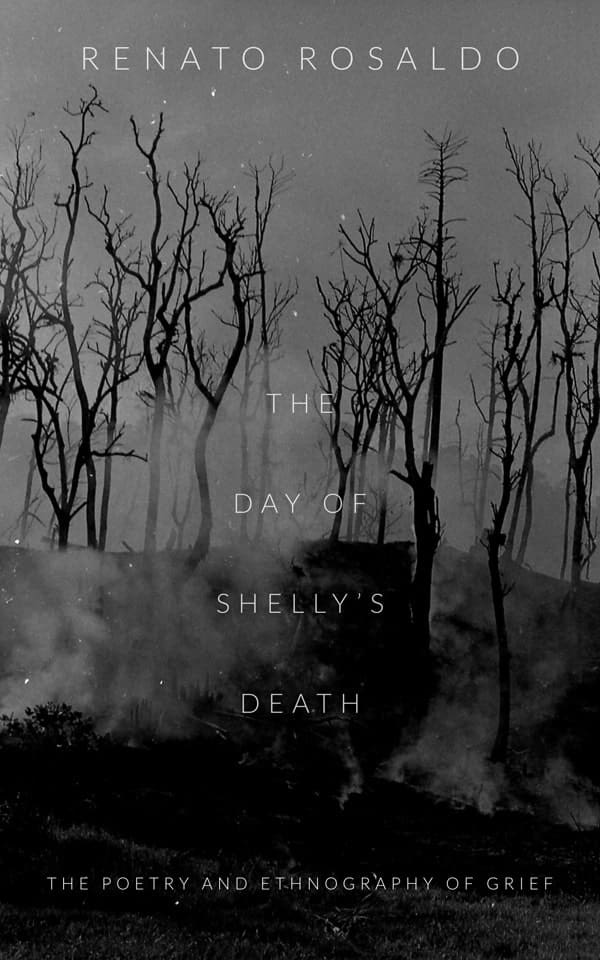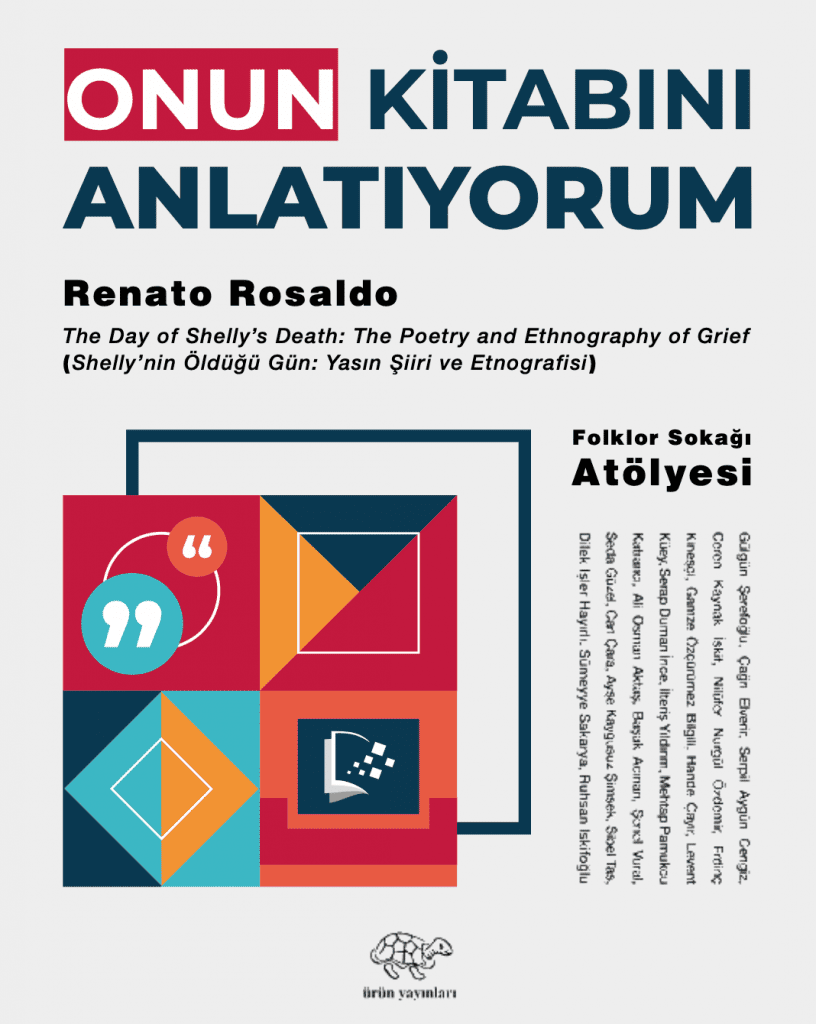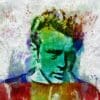In “Opening Folklore,”our editor Dilek İşler Hayirli interviews Dr. Serpil Aygun Cengiz of Ankara University, Turkey to examine how to open folklore through autoethnography.
For a very long time, I had been thinking, “In Turkey, we need a brand-new social science approach, especially in folklore.” I think, as expressed in the Report of the Gulbenkian Commission, we must open the social sciences but this time more powerfully, staggeringly, and creatively.
Dilek: Dr. Serpil Aygun Cengiz works at the Folklore Department of the Faculty of Languages and History-Geography at Ankara University. In addition to her PhD in Journalism, she earned her bachelor’s degree in philosophy and holds graduate degrees in folklore, interdisiplinary social psychiatry, and psychological counseling. She is the author of Modernism, Automobile Culture and Advertisment: The Universe Constructed by Automobile Advertisements and the co-author of Looking at the Ad as a Dream: A Psychoanalytic Reading. She is the co-editor of several books about well-known Turkish folklorists Ilhan Basgoz and Sedat Veyis Ornek and the editor of the e-culture series for Urun Publishing (Turkey).
Serpil, I was first introduced to autoethnography in a class you were teaching, “Research Methods,” in the graduate Folklore program at Ankara University. I wonder about your own introduction to autoethnography.

Ankara University
Serpil: Everyone has a different story, don’t they? Two years ago, when I read Hande Çayır’s 2016 dissertation titled Documentary as Autoethnography: A Case Study Based on the Changing Surnames of Women, it was my first time reading an autoethnography. There were references to many autoethnographers including Carolyn Ellis and Arthur Bochner.
When I was reading every reference to or explanation about autoethnography excitedly, I felt that I found what I had been looking for but had not been able to find in social sciences all these years and I got excited. Though I have been an academic in social sciences for thirty years, I have never felt at home. I have received education in such fields as philosophy, folklore, journalism, social psychiatry, and psychological counseling both at the bachelor’s level and graduate level and thus when looking from the outside, it might seem that I enjoy and make the most of social sciences. However, I have always felt as a misfit, displaced and, a stranger. I think that is because for thirty years, inside academia where such a high-level education is provided (namely in an academic circle where everyone writes books, articles, dissertations, and theses to understand and interpret culture), many academics (including me) did not mature despite the high-quality of their academic work. Seeing this was my biggest disappointment. After many years of reading and writing as an academic, I could see that I could not get mentally in return what I was expecting both from myself and the academics around me and this was greatly upsetting me. If the theses, dissertations, articles, and books do not change the very people who write them, how is it possible for us to make the world a more livable and better place through the works of social science that we create? For a very long time, I had been thinking, “In Turkey, we need a brand-new social science approach, especially in folklore.” I think, as expressed in the Report of the Gulbenkian Commission, we must open the social sciences but this time more powerfully, staggeringly, and creatively.
While I was thinking about all these, I met autoethnography. I think as a theory and method, autoethnography is a very suitable medium to open folklore.
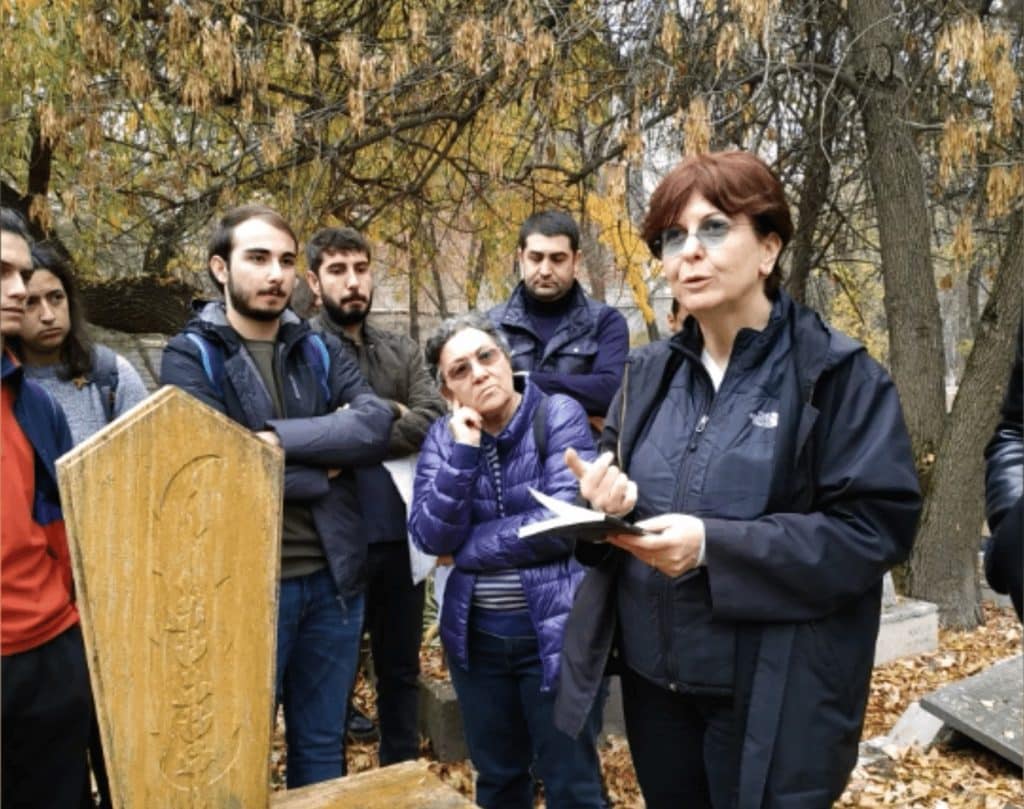
Dr. Serpil Aygun Cengiz
Dilek: How can we “open” folklore with autoethnography?
Serpil: I guess I can answer this question by talking about my own experience. The most important thing for me to be able to deal with my feeling of being displaced was I think my theoretical interest in psychoanalysis and having received the classic psychoanalytic treatment on the couch three days a week. I concluded that, during all these years, the main underlying reason for the many problems many of us experience is our habit of questioning others and not questioning ourselves. But, I did not know how to transfer this point of view to social sciences. I was well aware that because of the paradigm shift in social sciences after the 1980s, conducting reflexive studies could respond partially to the questions in my mind. However, reflexivity alone has never been enough for me.
Dilek: I think this is exactly why you invited anthropologists from all over Turkey to the class which I was also taking with other students and you purposefully asked very detailed questions to these academics about their personal fieldwork experiences which they did not prefer writing in their dissertations.
Serpil: Yes, exactly. You will remember how listening to their personal fieldwork experiences, which these very valuable researchers who appeared as our guests did not or could not write into their texts, have broadened our viewpoint. After these classes, we discussed different aspects of vulnerability in the books such as Gamze Hakverdi’s Vulnus-Kirilganlik Uzerine (Vulnus-On Vulnerability) and vulnerability of the researcher in Ruth Behar’s book The Vulnerable Observer: Anthropology That Breaks Your Heart.

Looking at the ad as a dream: A psychoanalytic reading
(Nihan Ilhan & Serpil Aygun Cengiz)
Dilek: While conducting all these academic discussions, you also created a team and wrote a book in 2021, Telling about His Book: A Gathering on Renato Rosaldo’s The Day of Shelly’s Death: The Poetry and Ethnography of Grief.
The Day of Shelly’s Death by Renato Rosaldo
Serpil: Yes, with a team of twenty-two people, and you are one of them, we published this book as a product of “Folklore Street Workshop”. In this book, there are articles both in new ethnography and Rosaldo’s book that I mentioned above. Also, you can find the transcription of the meeting that we held with Rosaldo about his book. The book was published in Turkish, but if anyone is interested, they can read Gamze Ozcurumez Bilgili’s article titled “Mourning and Melancholia on the Trail of Ilongots” and the meeting we held with Renato Rosaldo in English. The book we published is an Open Access e-book.
Telling about His Book: A Gathering on Renato Rosaldo’s The day of Shelly’s Death
The Poetry and Ethnography of Grief (Folklore Street Workshop)
Dilek: I would like to know why Renato Rosaldo’s book had a huge impact on you.
Serpil: Rosaldo’s The Day of Shelly’s Death: The Poetry and Ethnography of Grief was a milestone for me, and I was very impressed. In his book, Rosaldo talks about Ilongots’ feelings of rage which lead them to headhunting, and Rosaldo’s feeling of rage which appeared when he started mourning right after his wife Shelly’s death at the same time. I was amazed to read that Rosaldo linked his personal story to the culture, and the culture to his autobiography so effectively. What is more, many things that go beyond the style of classical ethnography fascinated me including the black inside cover of the book that reminds me of Malevich’s painting “The Black Square”; the black and white photographs which are very different from the ones in the traditional anthropology books; how Rosaldo wrote the poems after his wife died; and the general anthropoesía in the book. With Rosaldo, a completely different world of ethnography opened before me.
Dilek: After that I think you started concentrating on autoethnographic texts and utilizing them in the courses we took from you.
Serpil: Yes, and as I concentrated on reading about autoethnography, I started to feel at home as I read the works of names like Carolyn Ellis, Arthur Bochner, Christopher Poulos, Tony E. Adams, Stacey Holmes Jones and Tami Spry. I found myself in these texts so much that I can’t explain. For example, you will remember when we read the article by The AutoEthnographer contributor, Oskar Szwabowski, titled “On Semiperiphery Life: An Autoethnography of Being an Academic Middleman.” We said, “That is exactly our academic situation in Turkey!” My feeling of being displaced in the social sciences decreased as I read these texts. I hoped I might convey my excitement to the students in our department.
You will remember when we read the article by The AutoEthnographer contributor, Oskar Szwabowski, titled “On Semiperiphery Life: An Autoethnography of Being an Academic Middleman.” We said, “That is exactly our academic situation in Turkey!” My feeling of being displaced in the social sciences decreased as I read these texts. I hoped I might convey my excitement to the students in our department.
Dilek: Considering around fifteen people who regularly attended your class every week as guests, apart from the students who are enrolled in your course, I think you convey your excitement not only to your students, but also to people outside the academy.
Serpil: Thank you, Dilek. After reading books by Carolyn Ellis, Arthur Bochner, and Christopher Poulos this semester, you were brave enough to invite them by e-mail to our virtual classes, I thank you again. They kindly accepted this virtual invitation, and we had the opportunity to talk to all three of them about their work. Talking to the pioneers of autoethnography made us all very excited and happy. If they allow us, I would love to share these conversations with the readers in our book Autoethnography 101, which we are currently preparing and will be the first book on autoethnography to be published in Turkish.
Dilek: I am happy to be a part of this upcoming book, Autoethnography 101. Thank you for this interview.
Serpil: I wish you success in advance for writing the first autoethnographic doctoral thesis in the field of folklore in Turkey – it will be my first doctoral thesis advisory in this field, so I am excited.
References
Behar, R. (1996). Vulnerable observer–anthropology that breaks your heart. Boston: Beacon Press.
Cayir, H. (2016) Documentary as autoethnography: A case study based on the changing surnames of women. Doctoral thesis. Advisor: Prof. Dr. Feride Cicekoglu. İstanbul Bilgi University Institute of Social Sciences.
Folklor Sokagi Atolyesi (Folklore Street Workshop). (2021). Onun Kitabini Anlatiyorum Renato Rosaldo The Day of Shelly’s Death: The Poetry and Ethnography of Grief (Shelly’nin Oldugu Gun: Yasin Siiri ve Etnografisi). (Telling about his book: A gathering on Renato Rosaldo’s The Day of Shelly’s Death: The Poetry and Ethnography of Grief.) Ankara: Urun Publishing.
Hakverdi, G. (2021). Vulnus–kirilganlik uzerine (Vulnus–on vulnerability).Istanbul: Metis Publishing.
Featured image by Raimond Klavins on Unsplash


